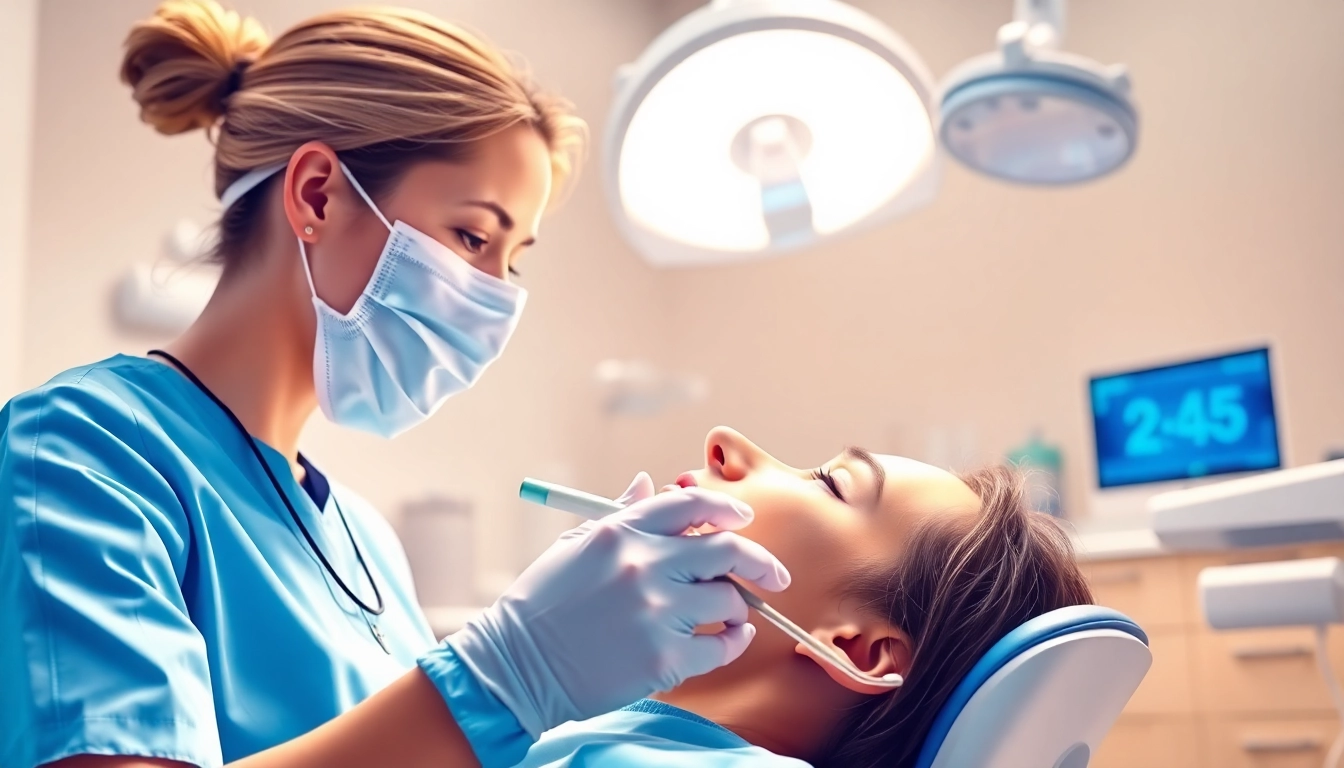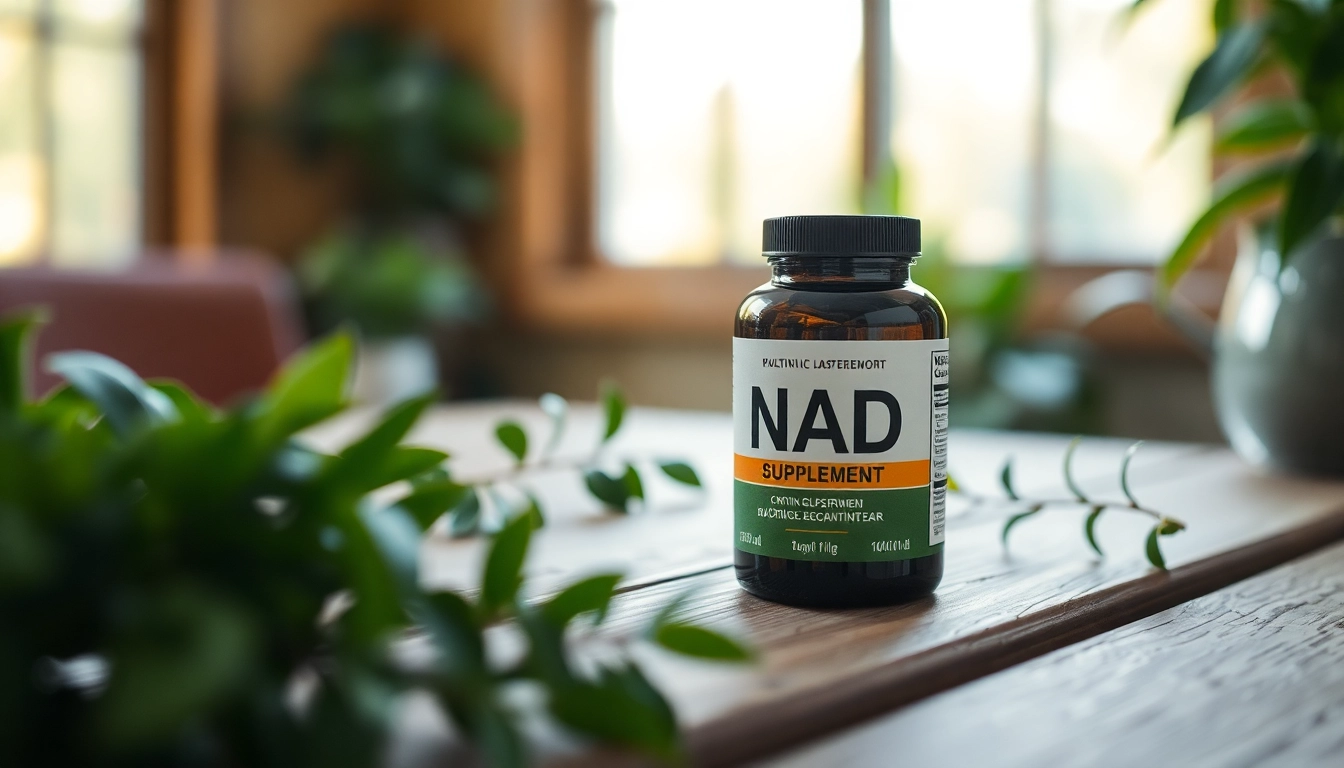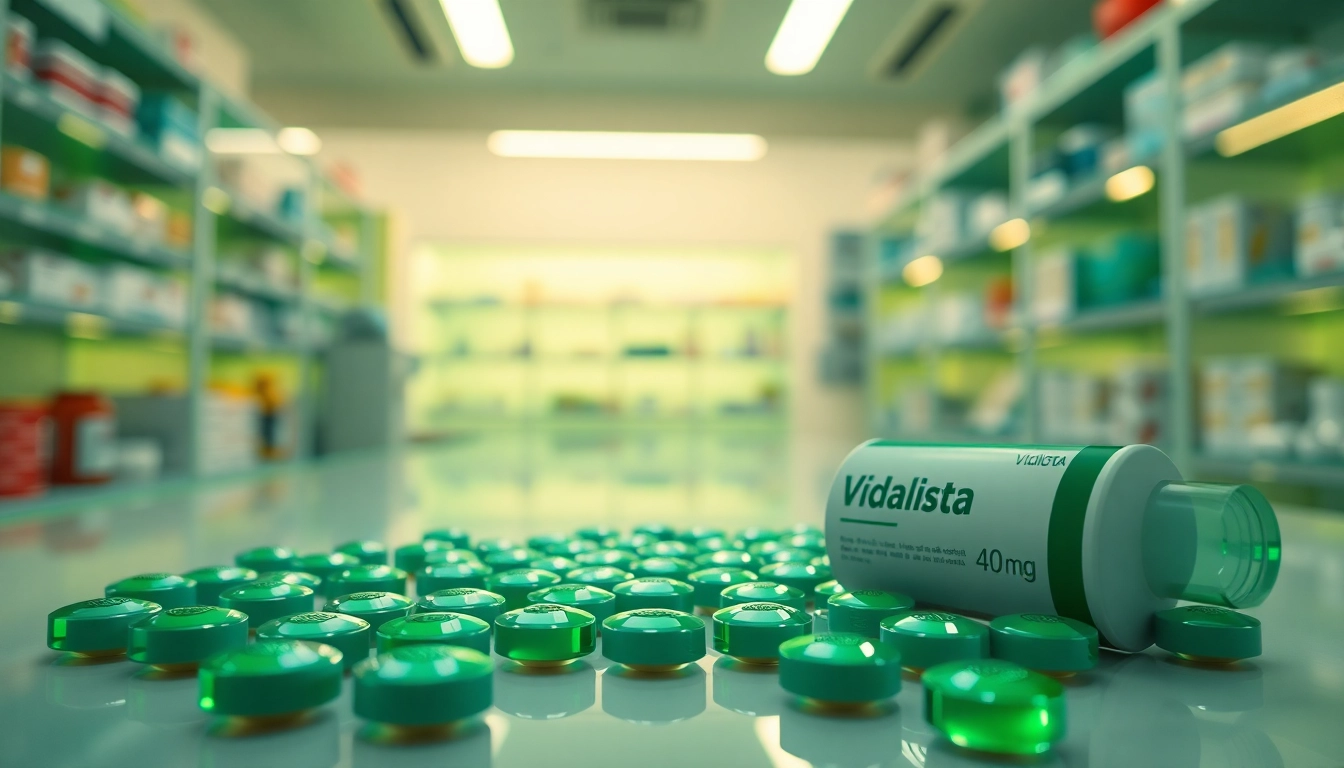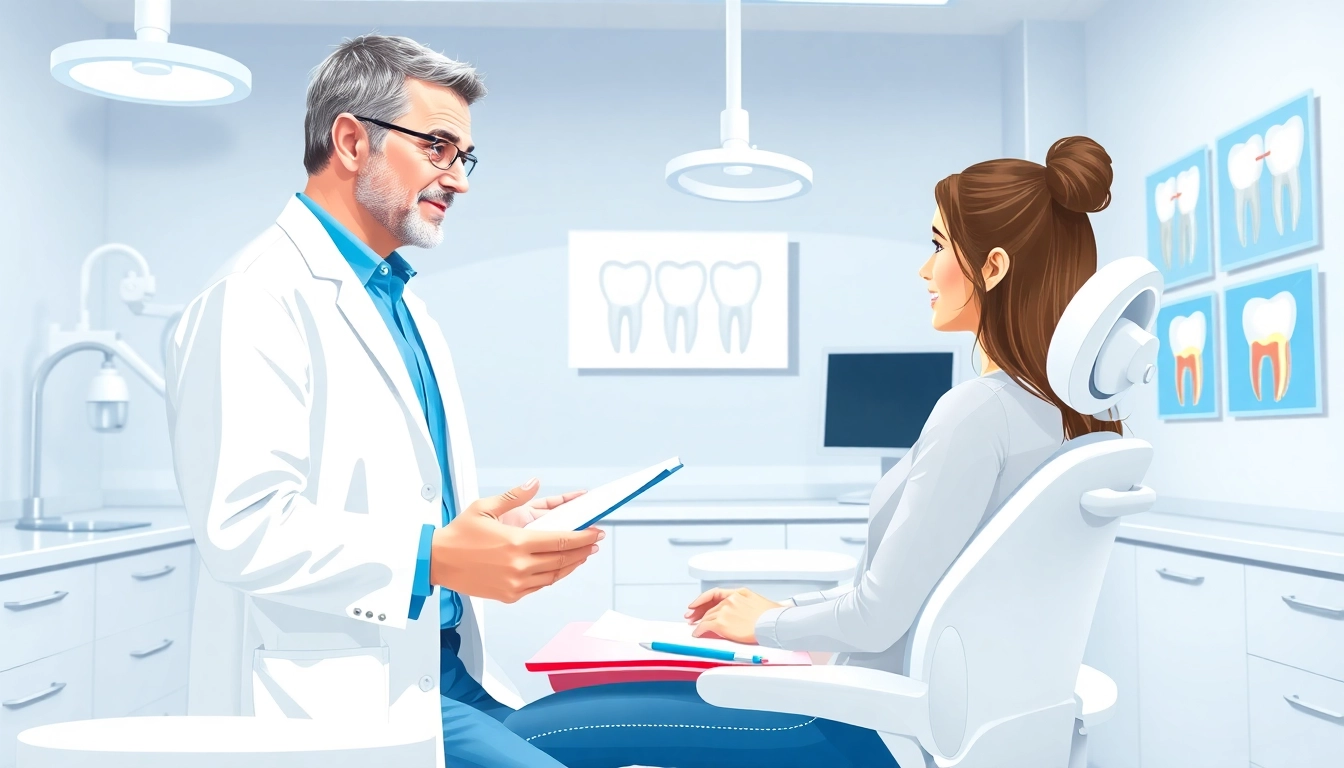Understanding Hygiene and Its Importance in Oral Care
What is Hygiene?
Hygiene encompasses a broad spectrum of practices and conditions focused on maintaining health and preventing disease, particularly through cleanliness. It includes activities such as handwashing, bathing, brushing teeth, and maintaining a clean environment. As highlighted in the hygiene context, good personal hygiene reduces the risk of infection and enhances overall well-being.
The Connection Between Hygiene and Health
The correlation between hygiene and health is profound. Proper hygiene practices contribute to the prevention of various diseases and promote a healthier lifestyle. For instance, maintaining oral hygiene can significantly lower the chances of developing periodontal disease, which affects not just dental health but can also lead to broader health issues such as heart disease and diabetes. Regular handwashing is similarly essential in preventing the spread of viruses and bacteria, significantly reducing the incidence of illnesses.
Common Myths About Hygiene in Dentistry
Several misconceptions about dental hygiene prevail in society, which can adversely affect overall health. Some of the most widespread myths include:
- Myth 1: If my teeth don’t hurt, I don’t need to see a dentist: This is false. Many dental issues, like cavities and gum disease, may not cause pain until they are advanced.
- Myth 2: Whitening products damage your teeth: While some products can be abrasive if used excessively, when used correctly, most whitening treatments can be safely employed without harming enamel.
- Myth 3: Bad breath is just a dental issue: In reality, persistent bad breath can signal underlying health conditions and may require a comprehensive evaluation.
Best Hygiene Practices for Daily Oral Care
Essential Steps for Maintaining Oral Hygiene
Daily oral care is foundational to good hygiene. Here are some essential steps to follow:
- Brush Twice Daily: Utilize a fluoride toothpaste and brush for at least two minutes.
- Floss Daily: Flossing removes plaque and food particles from areas that a toothbrush cannot reach.
- Use Mouthwash: An antibacterial mouthwash can help in reducing oral bacteria and freshening your breath.
- Stay Hydrated: Drinking water throughout the day helps wash away food particles and bacteria.
Importance of Regular Dental Check-ups
Regular dental visits, typically twice a year, are critical for maintaining oral health. During these visits, dental professionals can:
- Identify early signs of dental issues such as cavities and gum disease.
- Provide professional cleanings that remove tartar buildup.
- Offer personalized advice based on individual oral health needs.
How to Choose the Right Dental Products
Selecting the right dental care products can make a significant difference in your oral hygiene. Consider the following tips:
- Toothbrush: Opt for a soft-bristled toothbrush that’s comfortable to use. Electric toothbrushes can also provide superior plaque removal.
- Toothpaste: Choose a toothpaste that contains fluoride. If you have specific issues (sensitivity, whitening, etc.), select products designed for those needs.
- Mouthwash: Look for mouthwashes with antibacterial properties and fluoride content.
The Impact of Diet on Oral Hygiene
Foods that Promote Good Oral Health
Diet plays a crucial role in maintaining optimal oral health. Foods beneficial for your teeth include:
- Dairy Products: Cheese, yogurt, and milk are rich in calcium, which strengthens tooth enamel.
- Fiber-Rich Fruits and Vegetables: Apples and carrots increase saliva flow, which neutralizes acids and washes away food particles.
- Green Tea: Contains polyphenols that can suppress bacteria and lower the risk of forming cavities.
The Role of Hydration in Maintenance of Hygiene
Staying hydrated is vital for sustaining both oral and overall health. Water helps cleanse the mouth and flush out harmful bacteria. Additionally, it plays an integral part in producing saliva, which is a natural defense mechanism against tooth decay and gum disease.
Common Foods to Avoid for Better Hygiene
To enhance your oral hygiene, it’s equally essential to limit foods that contribute to dental issues like cavities and gum disease. Foods to watch out for include:
- Sugary Snacks: Candy, pastries, and other sugary treats can lead to tooth decay when consumed frequently.
- Soda and Acidic Drinks: These beverages may erode tooth enamel and compromise dental health.
- Sticky Foods: Chewy candies can cling to teeth and are difficult to remove, leading to decay.
Understanding Professional Hygiene Treatments
Types of Dental Hygiene Treatments Available
Professional dental hygiene treatments can play an essential role in maintaining oral health. Some common types include:
- Regular Cleanings: These include scaling and polishing to remove plaque and tartar buildup.
- Fluoride Treatments: Applied in high-concentration to strengthen teeth and prevent decay.
- Sealants: Protective coatings applied to the chewing surfaces of at-risk teeth, especially in children.
How Professional Cleanings Benefit Your Health
Professional dental cleanings are vital not only for oral hygiene but also for overall health. Benefits include:
- Prevention of Gum Disease: Regular visits help identify and mitigate risks of Periodontitis.
- Detection of Oral Cancer: Dentists can spot early signs that may go unnoticed.
- Improved Breath: Eliminating plaque and tartar reduces bad breath, improving overall confidence.
When to Seek Professional Hygiene Services
There are certain circumstances when seeking professional hygiene services is crucial, including:
- If you experience persistent bad breath despite maintaining good hygiene.
- Noticing blood in your saliva or during brushing and flossing.
- If you have teeth sensitivity or pain that doesn’t resolve.
Building a Sustainable Hygiene Routine at Home
Creating a Personalized Hygiene Schedule
A structured routine can be invaluable in maintaining oral and overall hygiene. Here’s how to build one:
- Choose specific times each day for brushing and flossing.
- Incorporate reminders to stay hydrated throughout the day.
- Create a checklist of dietary choices that align with your hygiene goals.
Incorporating Hygiene Practices into Daily Life
Incorporating hygiene practices into daily life requires commitment. Recommended strategies include:
- Making brushing your teeth part of your morning and evening routines.
- Carrying a toothbrush and toothpaste for after-meal cleaning when away from home.
- Using a calendar or tracking app to log dental visits and hygiene routines.
Tracking Your Progress and Assessing Your Hygiene
Tracking your hygiene progress can help identify patterns, successes, and areas needing improvement.
- Keep a Journal: Document your daily habits to evaluate adherence and areas for improvement.
- Seek Feedback: Regular consultations with dental professionals can provide guidance and motivation.
- Use Visual Reminders: Post reminders in your bathroom to encourage daily hygiene practices.



